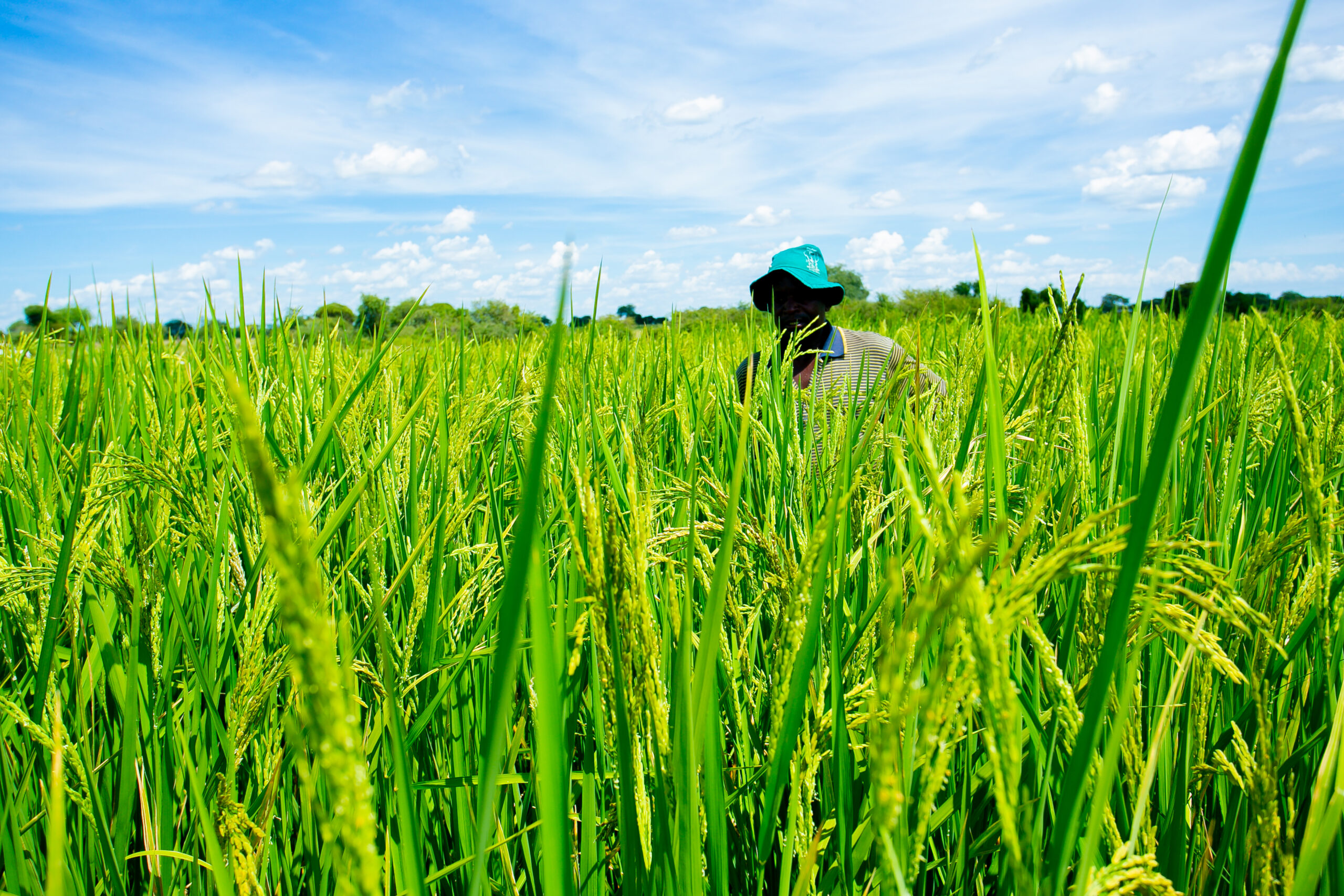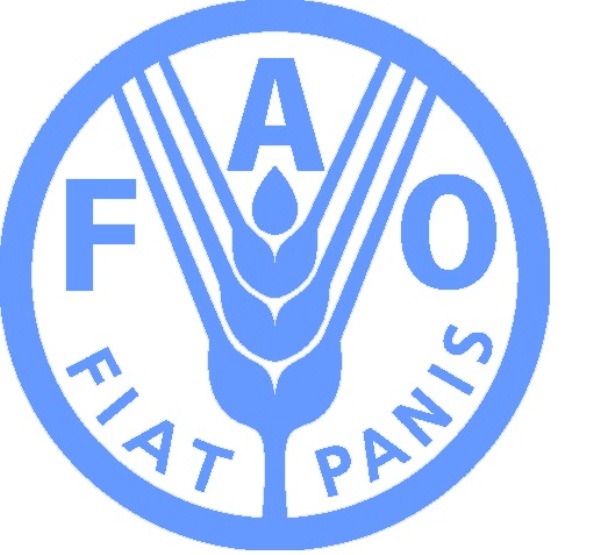

A major meeting this week brought together farmers, bankers, governments and development partners from across Africa and beyond to discuss ways to ensure smallholder farmers, the backbone of the region’s food system, have access to the finance they need to improve and scale up sustainable forest and farm management practices.
The three day African Regional Exchange was organized by the Forest and Farm Facility – a partnership between the Food and Agriculture Organization of the United Nations (FAO), the International Institute for Environment and Development (IIED), the International Union for Conservation of Nature (IUCN) and AgriCord – in collaboration with CIFOR-ICRAF, the Kenya Forestry Research Institute and the Kenya Forest Service, and within the framework of the Collaborative Partnership on Forests’ Sustainable Wood for a Sustainable World initiative.
The event brings together over 200 participants to share experiences and lessons about how to overcome the challenges in getting finance to smallholder producers living in remote areas and experiencing some of the worst effects of climate change.
“It is increasingly recognised that smallholder farmers are best placed to protect the world’s natural resources,” said Hamisi Williams Assistant FAO Representative (Programmes). He added that “To unlock private sector investment in farm forestry, we need to look at smallholder farmers as private sector actors and treat them as such.” “We hope this meeting will help build understanding across sectors and get funds flowing more effectively to front line of the climate crisis.” He said in conclusion.
Backbone of the food system
Africa’s 33 million smallholder farms form the backbone of the region’s food system, producing up to 70 percent of the region’s food and implementing on the ground most of the regional and international climate agreements their countries have signed.
“Unlocking finance for smallholder forest and farm producers can help to achieve sustainable development and respond to climate change.” Said Ewald Rametsteiner, FAO Deputy Director Forestry Division.
Smallholder producers, including Forest and Farm Producer Organisations (FFPOs), Indigenous Peoples and Local Communities (IPLCs), women’s organisations and their enterprises are often unable to qualify for finance for improving or scaling up sustainable forest and farm management practices. They end up spending some of their own resources on adapting to climate change to protect their livelihoods, leaving nothing to invest in education or other needs.
The meeting aims to raise awareness of the different ways in which these groups can access available resources and the ways banks and governments could better understand the valuable work of small farmers work and develop financing systems tailored to their needs.
On the second day of the meeting participants will have a field trip designed to offer insights into some of the challenges faced and solutions found by smallholder cooperatives in two counties of Kenya.
Climate finance
Globally, smallholder farmers produce a third of the world’s food but receive only 1.7 per cent of climate finance, according to a 2022 report from the International Fund for Agricultural Development (IFAD). At the COP 26 climate summit in November 2021, countries pledged USD 1.7 billion in direct funding for IPLCs.
The Forest and Farm Facility works to help farmers build their voice and develop many different ways to leverage and secure finance, land tenure and government support.
The African Regional Exchange builds on discussions at the Exchange of Knowledge on community mechanisms for territorial financing held in Mexico in October 2022. Some delegates from Latin American and Asia will also be sharing their knowledge at the African exchange.
___
Distributed by APO Group on behalf of FAO Regional Office for Africa.
